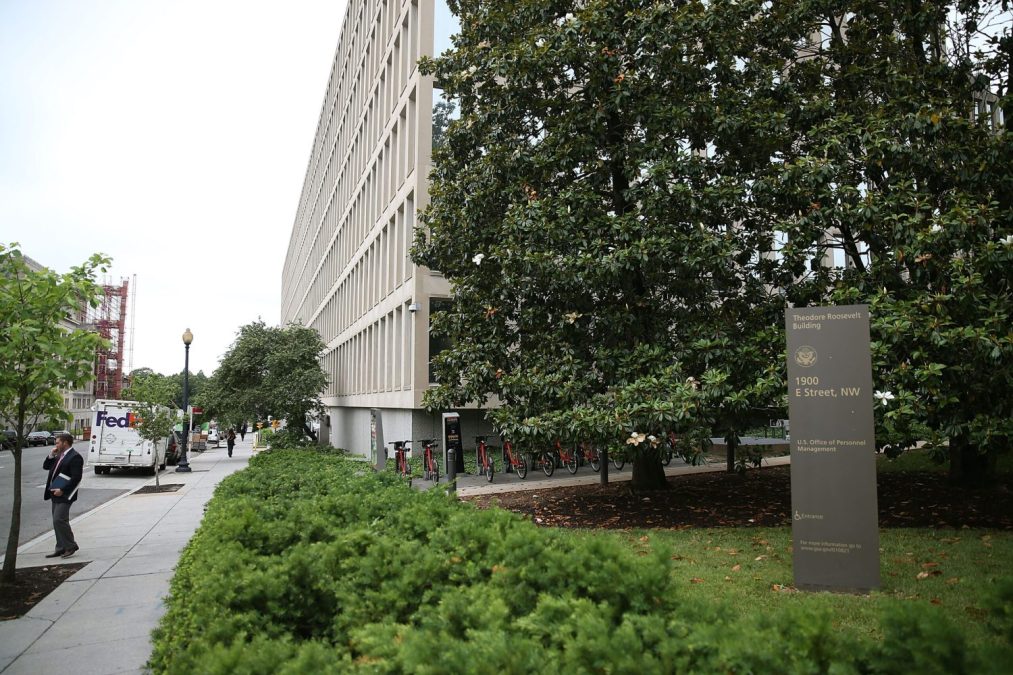Long-running False Claims Act lawsuit against Peraton subsidiary dismissed following settlement

A federal judge on Monday dismissed a long-running lawsuit against a Peraton subsidiary over the provision of background investigation services to the Office of Personnel Management.
It ends an eight-year dispute following which KeyPoint Government Solutions agreed to settle with the U.S. government for an undisclosed sum. According to attorneys for the plaintiff, 29% of the settlement figure will be paid to whistleblower Julie Reed who initially a qui tam lawsuit against the company in 2014. KeyPoint has also agreed to pay an additional sum towards Reed’s legal fees.
In light of the settlement, federal judge Christine M. Arguello dismissed the complaint in the U.S. District Court for the District of Colorado.
The conclusion of the lawsuit comes amid heightened interest from the Department of Justice in False Claims Act litigation. In October last year, the department launched its new Cyber-Civil Fraud Initiative and said it would use all available resources to protect whistleblowers who come forward with useful information.
KeyPoint settled the case after U.S. Federal Court of Appeal judges in 2019 issued an opinion that established the validity of Reed’s qui tam lawsuit — one in which a whistleblower brings action against a party on the government’s behalf — but rejected the plaintiff’s retaliation claim.
That prior opinion overturned an earlier district court ruling, which at the time dismissed Reed’s claim because it found her evidence did not provide the government with materially new information.
According to court documents, Reed first filed a qui tam lawsuit against KeyPoint Government Solutions in 2014, in which she argued the company misled the government over the security of its processes and that it retaliated against her for whistleblowing.
In court documents, Reed provided evidence of multiple instances in which KeyPoint misled the government agency and pushed staff to cut corners in investigative work carried out.
“Ms. Reed’s position allowed her to see investigators falsely reporting applicants’ backgrounds as ‘clean’ and omitting information showing otherwise, completing fewer than the required number of interviews, and generally cutting corners,” Court of Appeal judges Mary Beck Briscoe, Stephanie K. Seymour and Jerome Holmes wrote in their 2019 opinion.
“Ms. Reed also believed that she witnessed rampant violations of the TTP and a scheme by KeyPoint management to hide the violations by submitting knowlingly false corrective action reports to OPM,” they added in the opinion.
The role of federal contractors in providing background investigation services to government agencies attracted scrutiny following the leak of highly classified information by former federal contractors Edward Snowden and Aaron Alexis.
USIS, a competitor firm of KeyPoint that was responsible for vetting Snowden, was subsequently hit with fraud charges by the Department of Justice.
KeyPoint Government Solutions came under further pressure after it was established that a breach of the company’s IT systems gave hackers the credentials needed to carry out a cyberattack on OPM, discovered in June 2015, during which background investigation records of more than 21 million current, former and prospective federal employees and contractors were stolen.
A Peraton spokesperson declined to comment.





